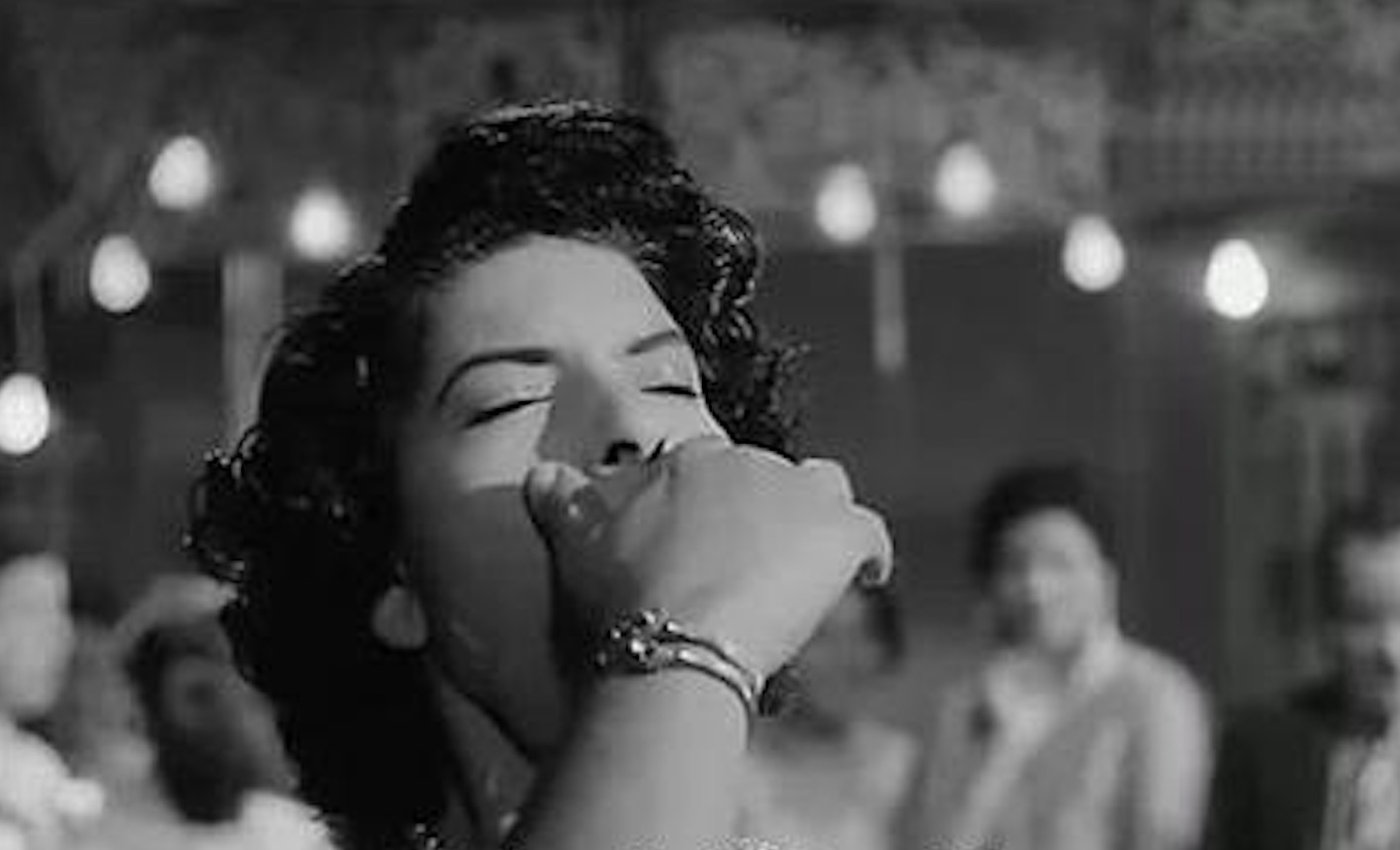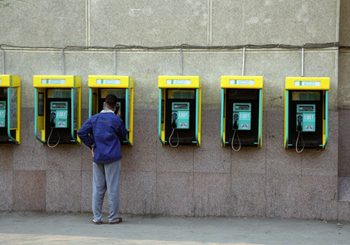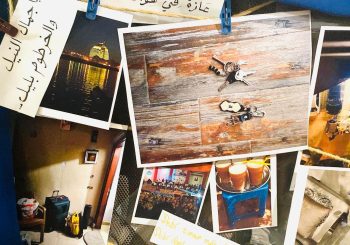When words fall short to commemorate a happy occasion, happy tears fall down, and zaghrata echoes loudly through wedding halls and hospital rooms where babies are born.
Zaghrata, also known as ululation, is a joyous, thrilling sound commonly used to express joy amongst Egyptians and other Arab cultures over many generations. In Palestine, ulutations are sounds of protests, commonly associated with the Palestinian Revolution. Ululations also exist in some South Asian cultures, including in India, where women ululate at weddings, temple rituals, and festivities.
In Egypt and other Arab countries, the loud energetic sound is achieved by making a high-pitched tone in the back of the throat while wiggling the tip of the tongue from side to side.
Sources have differed on the historical origin of the zaghareet, but most seem to refer it back to the Jahiliyya (The Age of Ignorance) period. While some believe that women used ulutations to stimulate excitement and enthusiasm on battlefields, while other sources believe that they were used to seek mercy and help from the gods.
The sound is made in celebration at weddings, births, graduations, and other happy occasions, a manifestation of joy in the Arab world. Here are some iconic scenes from Egyptian film and TV that feature the iconic cry of celebration.






Comments (0)